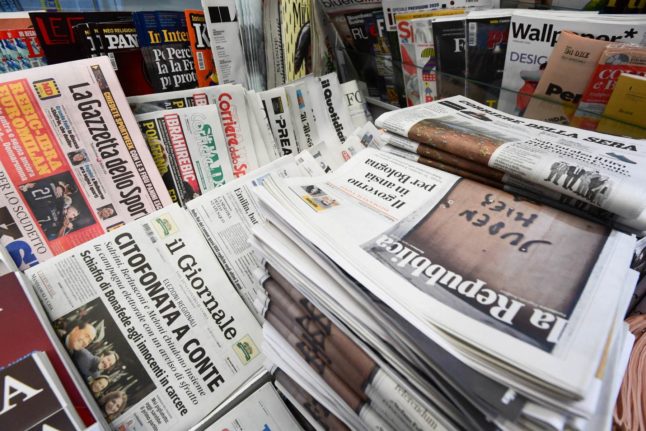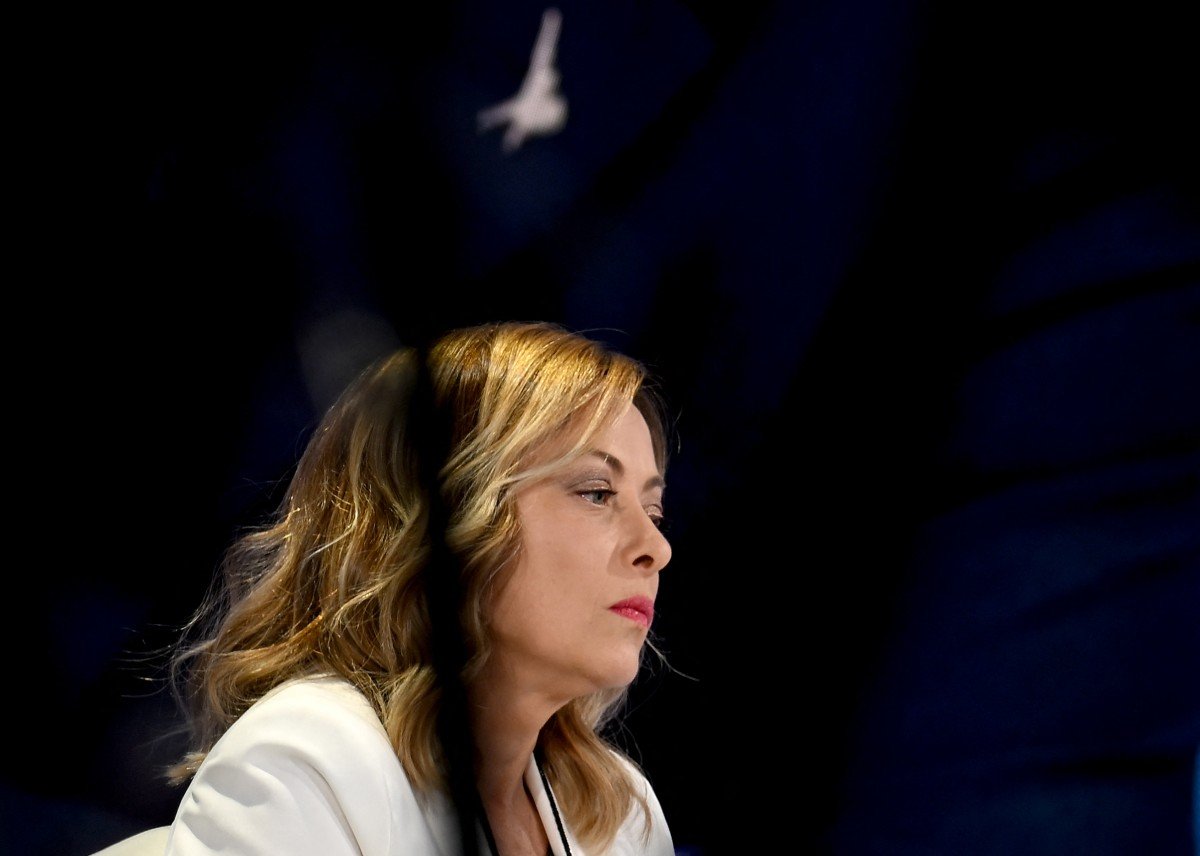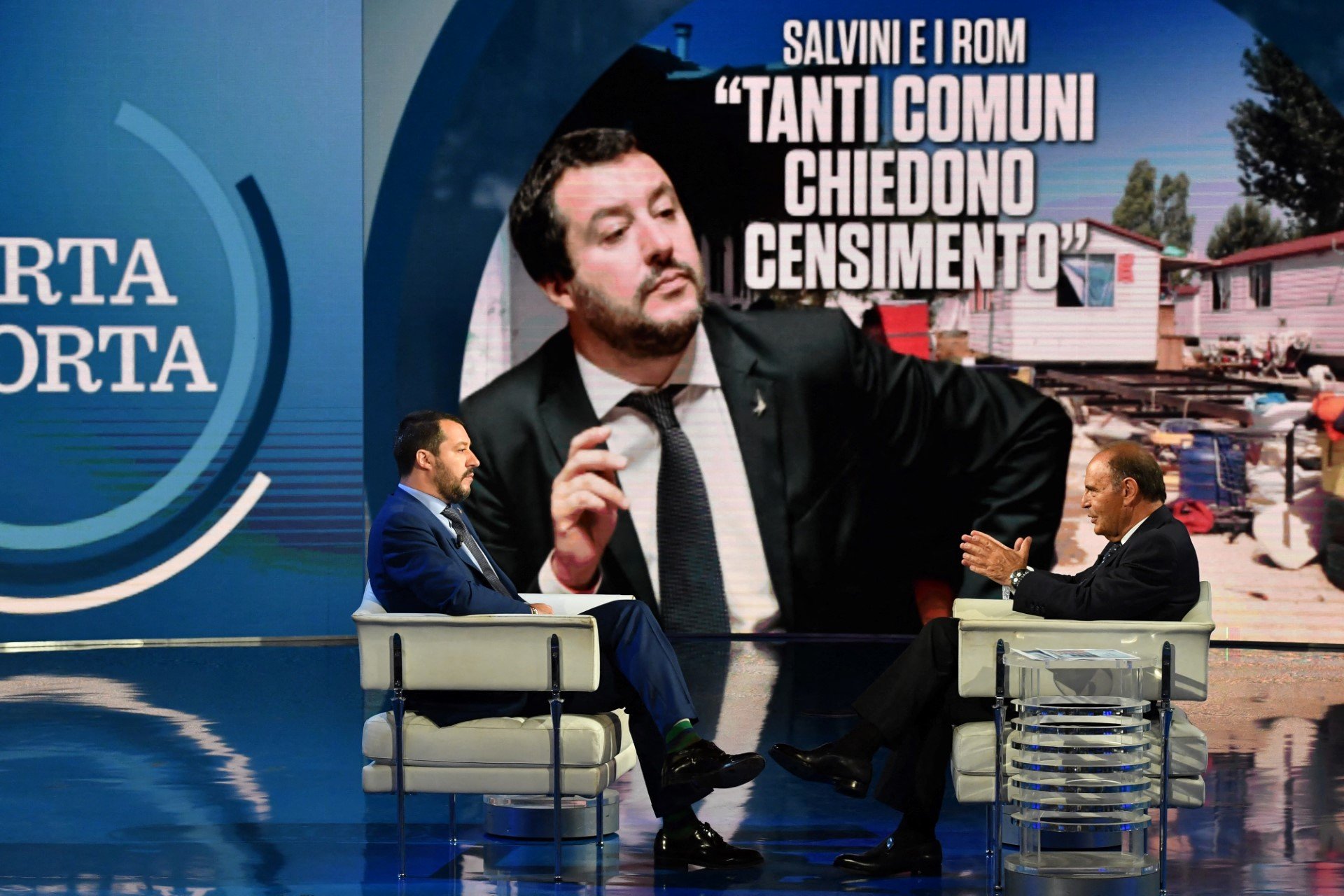Speaking at a joint news conference in Berlin with German Chancellor Angela Merkel, Renzi said: “I am of the belief that austerity doesn't work on its own and can actually lead to the collapse of governments.”
“We are not demanding a change in the rules for Italy. We are demanding that the rules be applied,” Renzi said.
“Flexibility was a promise” made by European Commission chief Jean-Claude Juncker, the Italian government chief said.
“And I don't think he has changed his mind.”
Renzi argues that budgetary austerity in Europe is putting the brakes on economic growth in his country and has clashed with Juncker on the matter.
“I don't know whether we share the same opinion on this,” Renzi continued, in comments directed at Merkel.
“But we say these things with a smile and we share the same ideals” such as fighting unemployment as a way of stemming a rise in populism.
Merkel, for her part, praised the economic reforms Renzi has implemented so far – such as those on the labour market – describing them as an “important contribution for Italy and for Europe.”
Regarding budgetary discipline, Merkel said that “there can always be different interpretations,” and said it was ultimately up to Brussels to decide whether Italy was adhering to its commitments laid down by EU treaties.





 Please whitelist us to continue reading.
Please whitelist us to continue reading.
Member comments